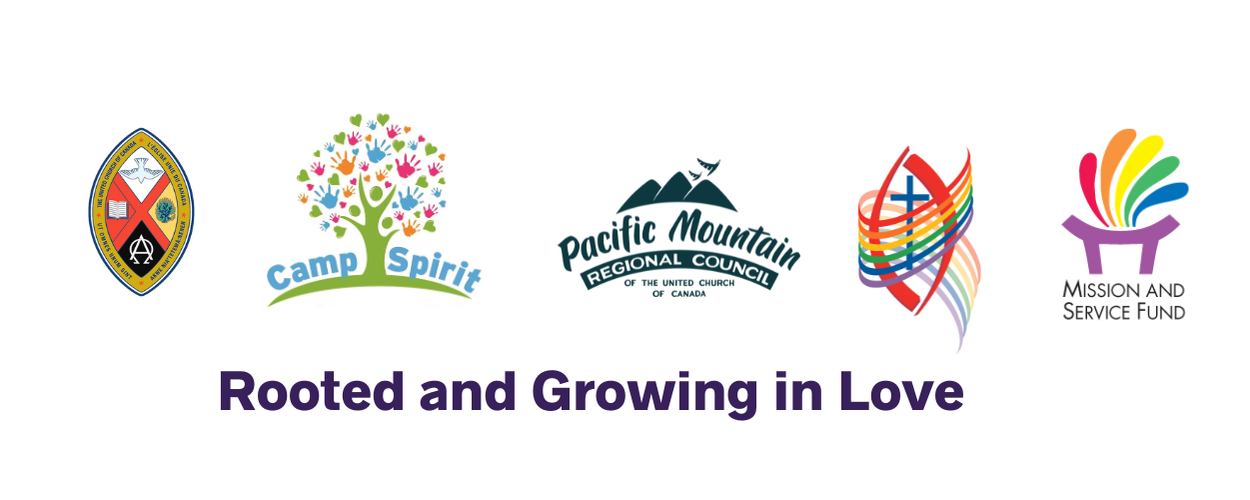|
Going to camp, especially for the first time, is a big step for a child and parent alike. Whether it is going to a day camp or sleep-away camp there are ways to prepare for the big adventure and to minimize anxieties. Often, the biggest question to ask is, “Are you ready as a parent to let your child go?” Children are like little membranes – they pick up all of the subtle emotions of their parents. It helps to be clear with yourself about what your child signed up for in the first place; whether it is to make new friends, learn new skills, or try out some new exciting activity or program. Think of camp as life experience with training wheels. Here are some tips for parents to help you and your child(ren) get ready for the adventure of camp:
Bob Ditter, a well regarded child, adolescent and family therapist from Boston, Mass. and a life long camper and leader wrote:
Imagine a world where each person, child/teen/adult, knew for certain that they were accepted and loved for who they are. Imagine a world where each person felt physically, emotionally and spiritually safe. Imagine a world where people strove to live the golden rule — treat others as you wish to be treated yourself — and to love God, love others and love self. We strive to do this in our households and, admittedly, achieve this with varying degrees of success. There are the times that we are rolling along very nicely — “Woo hoo! Yay us!” And then there are the times when it seems impossible to sustain a sense of loving community at home or anywhere else. One of the challenges to building healthy community is in all the ways that we are virtually connected and yet isolated from each other. In many neighourhoods, face-to-face engagement is a thing of the past. It is rare that all the community’s children will emerge from their houses for an impromptu game of ‘Kick the Can,’ opting instead for digital substitutes for interaction. Also, children’s lives tend to be more scheduled than ever. Extracurricular sports, education and arts programs can significantly enrich a child’s development. However, when a child is over-programmed or over-scheduled there is little time to simply be with others, nourish relationships, and evolve and grow into his or her whole self. When we are fortunate to find a coach, teacher or instructor that is able to engage and nurture the whole child, the community as a whole benefits from their leadership. The team or the classroom become about more than the game or the subject at hand. In inclusive environments children learn to listen to each other and trust that they will have their turn to be listened to. The adult leader becomes a mentor and a holder of safe, sacred space. According to Dr. Rebecca Nye, a researcher, consultant and trainer in the field of children's spirituality:
At Camp Spirit we strive to engage and nurture the whole child — body, mind and spirit. Spirituality becomes a dynamic between people rather than a characteristic in people. This is paramount because it emphasizes the relationship. In her book Children’s Spirituality, Dr. Rebecca Nye affirms, “the real spiritual work is how we treat each other not the topic of the day. We actively seek to develop communities that model healthy relationships. Children are greeted, engaged and mentored in ways that are respectful and caring. Youth and adult leaders model respectful and caring communication with each other and with the children.
So, why does any of this matter? Over and over again studies reveal that it is the people that know how to work and communicate effectively with others that achieve the greatest success. This cannot be learned in a vacuum. It is essential that children have communities, outside of their households, where they can discover who they are and who they wish to become in a wider context. This is a valuable and very important reason to expose our children to such communities. As a parent, this may be the only reason you need. The amazing thing is there is an even greater residual outcome. The world becomes a better place when our children grow up knowing what it means to be part of a community committed to loving, respecting, caring for and empowering others. Imagine that world.... |
|

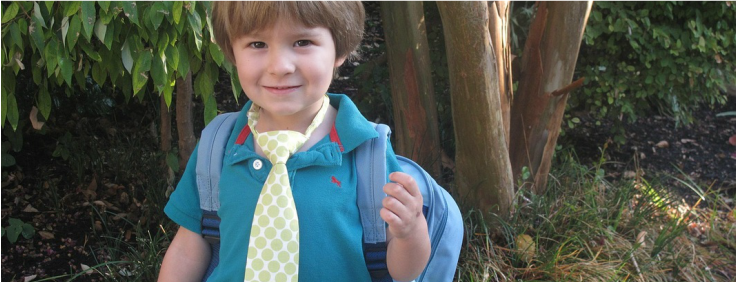
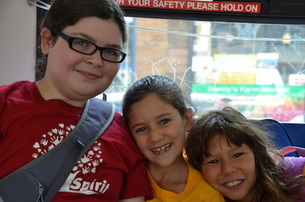
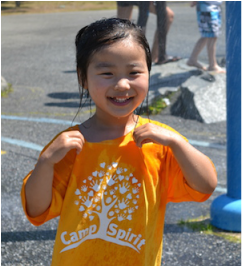
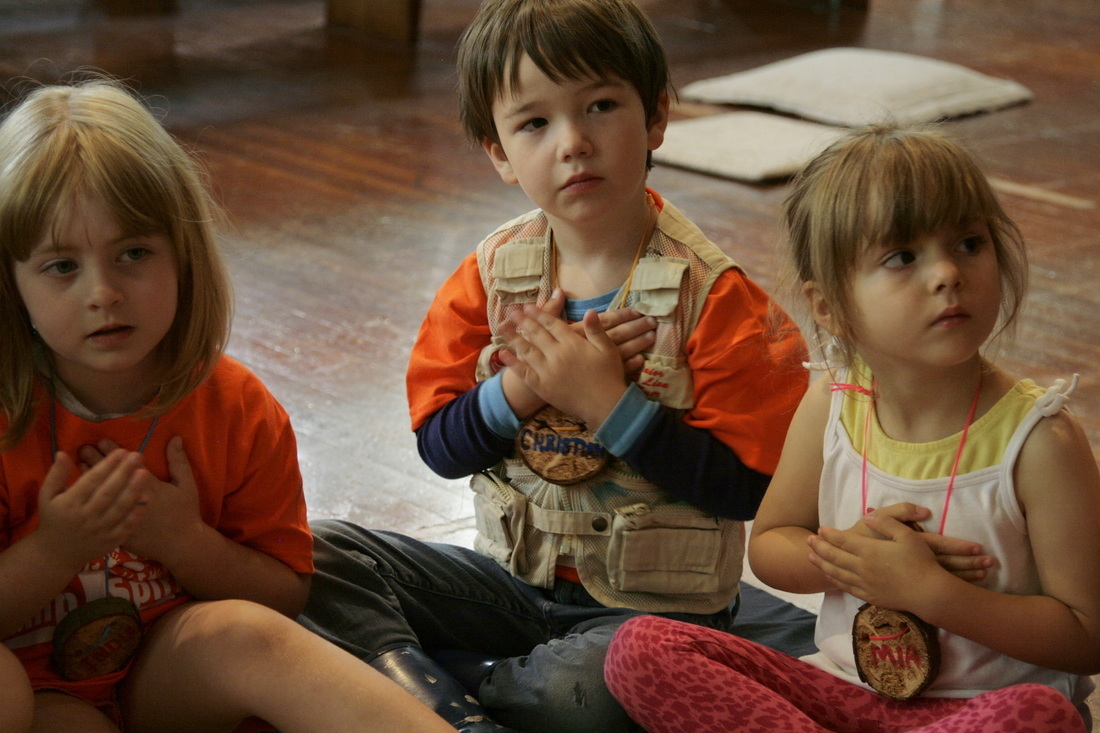
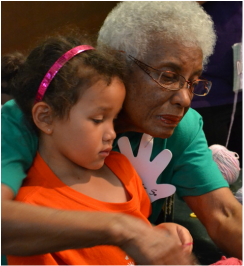
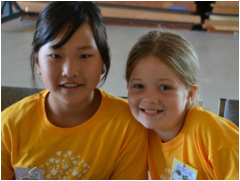
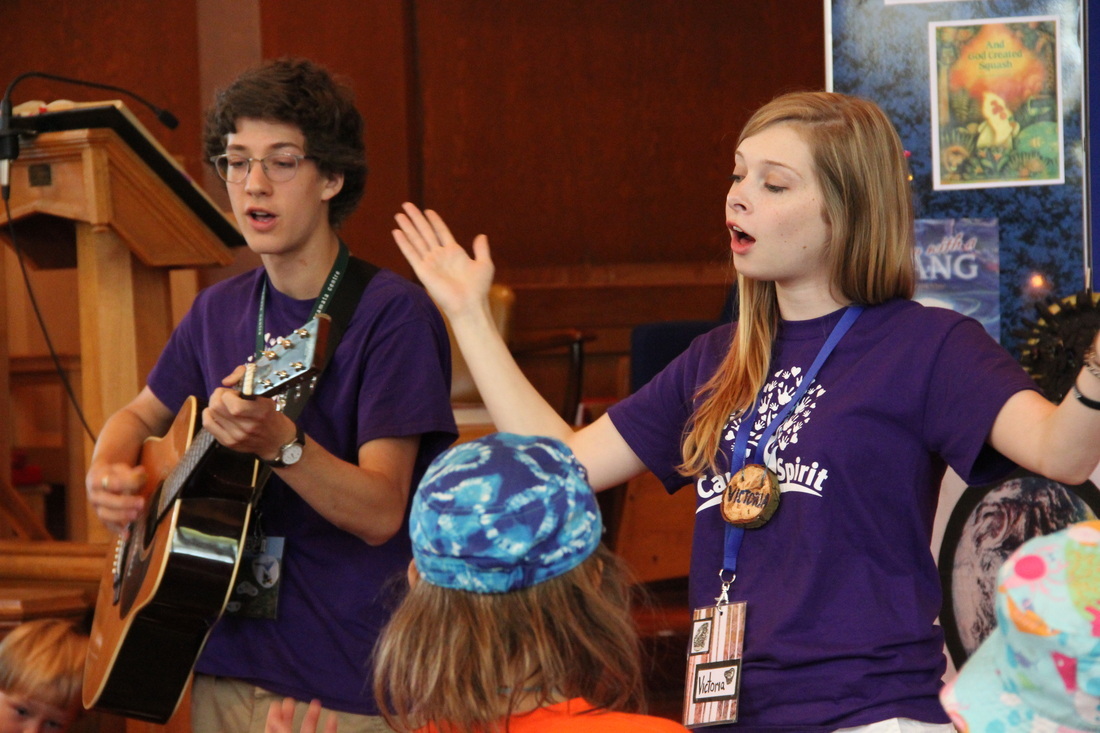
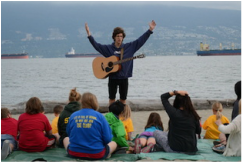
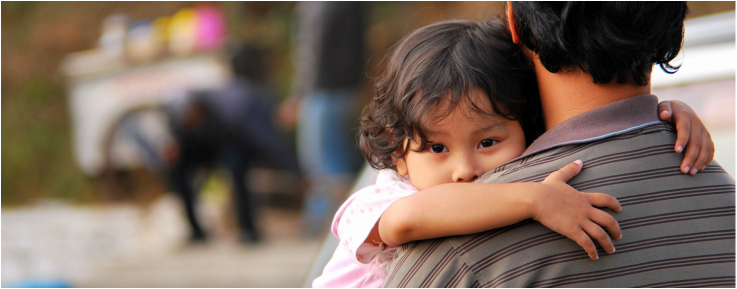
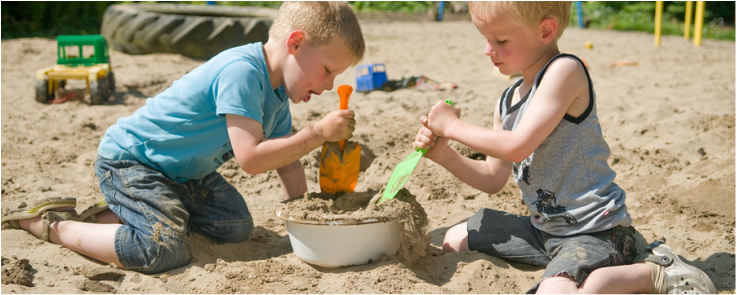
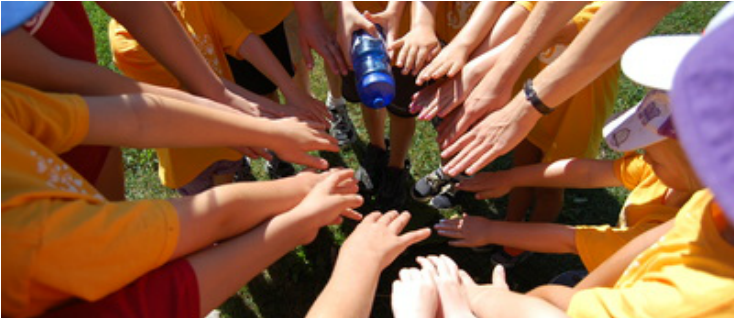
 RSS Feed
RSS Feed

